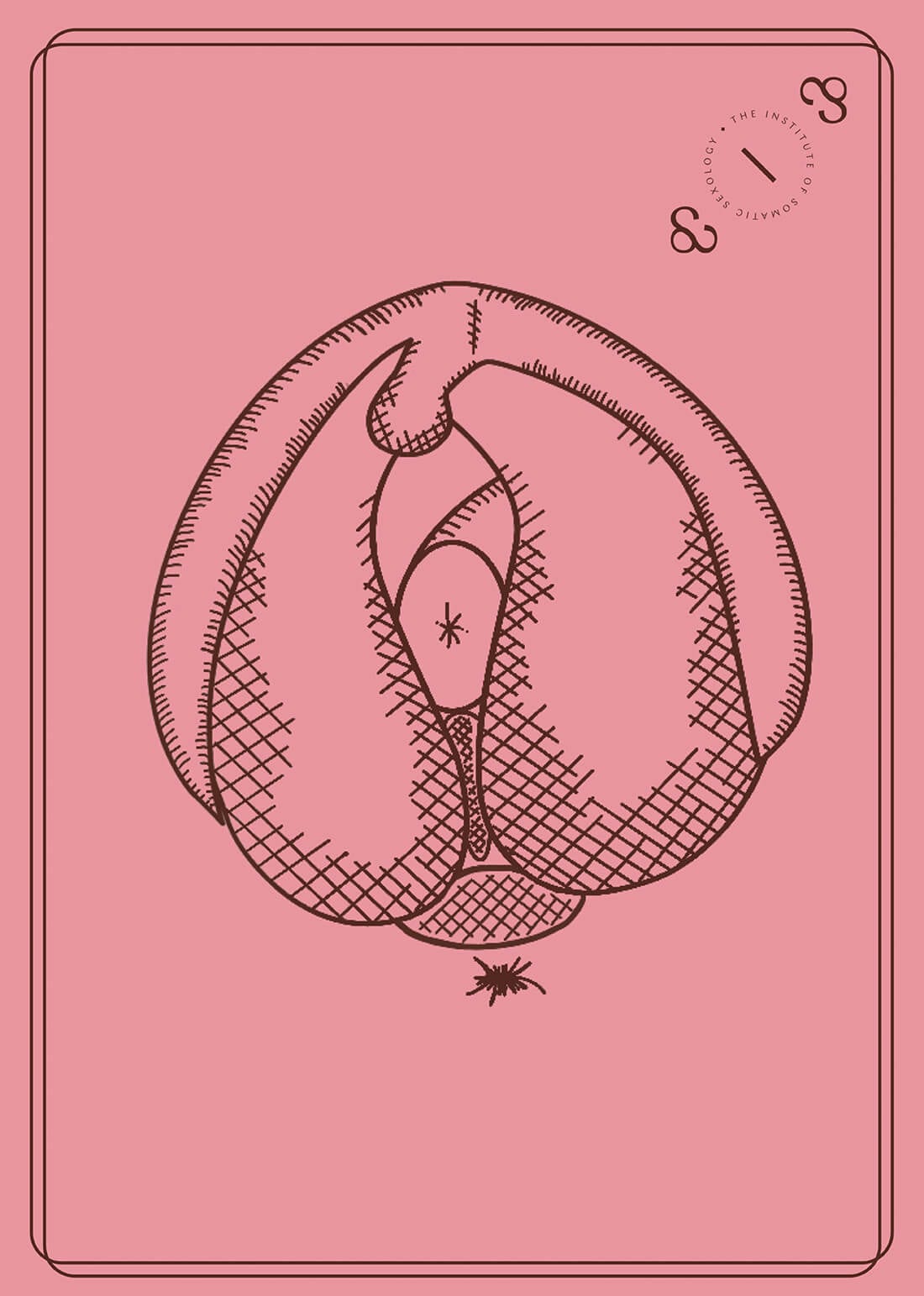Illustrations courtesy The Institute of Somatic Sexology
Western civilization has a bipolar relationship with sexuality. From an early age, children are often taught to be ashamed of “indecent” thoughts and punished for looking at porn.
And whereas sex is omnipresent in advertising and entertainment, it’s shunned by religious institutions. In schools basic sex education has become a controversial topic. The result is that many people grow to maturity without a healthy link between their understanding of sexuality and their capacity to engage in it without shame.
To further complicate matters, sexual dysfunctions can develop from a variety of causes. Individuals may have trust issues stemming from their upbringing or because they have been cheated on in the past. They may be the victims of sexual violence. Their bodies may change in various ways as they age. In short, there are many reasons—internal and external, mental and physical—why people experience sexual dysfunction. Fortunately, there are instructors and healers available to help. Sexological bodywork and surrogate partner therapy are two distinct modalities that address a number of sexual issues using a hands-on approach.

Basically, sexological bodyworkers work with their clients in a manner similar to that of a masseuse; they do all the touching and help their clients learn how to work through sexual issues by developing new neural pathways. Surrogate partners, on the other hand, work in tandem with a therapist, and the two coordinate with their client to help them develop or repair relationship skills, including stunted or damaged capacities for physical intimacy. In order to get the best perspective on each of these therapies, HUSTLER spoke with leading practitioners from these innovative fields to learn the specifics and the various ways these therapies benefit people.
First, to gain insight into who might benefit from sexological body-work sessions, we asked Somatic Sex Educator and Intimacy and Relationship Coach Dolly Josette to share her experiences as a sexological bodyworker. “My specialty is people who are really nervous and afraid…I have a real specialty of helping people who are just like [whispering], ‘Can we talk about my privates?’ They’re so scared, and I think I just have a way about relaxing the nervous system. My personal clients are like 40s to 75.” Josette elaborates, “I had a couple who was in their mid-70s coming. They were in a newfound, committed relationship, and they wanted to learn new things. Because of colon cancer, his penis was not getting erect, so they wanted to learn other things to develop orgasmicity and give her pleasure so that they could continue loving on each other, even though they couldn’t have penetration. I get these older people, I think, because they’re ready to say what’s not working, they’re tired of tolerating bad sex, they’re empty nesters or they’re going through a divorce and they want to develop confidence—or a lot of couples who are together 30 years.”































